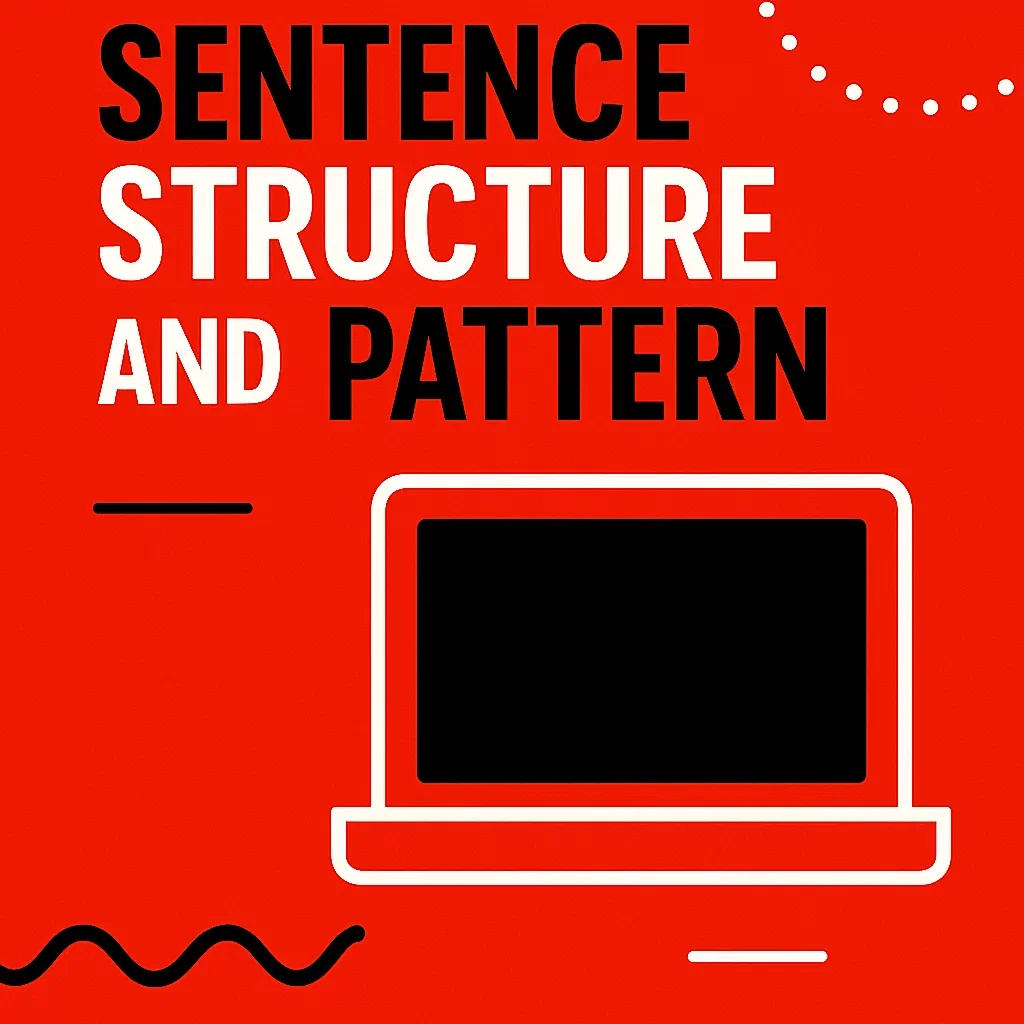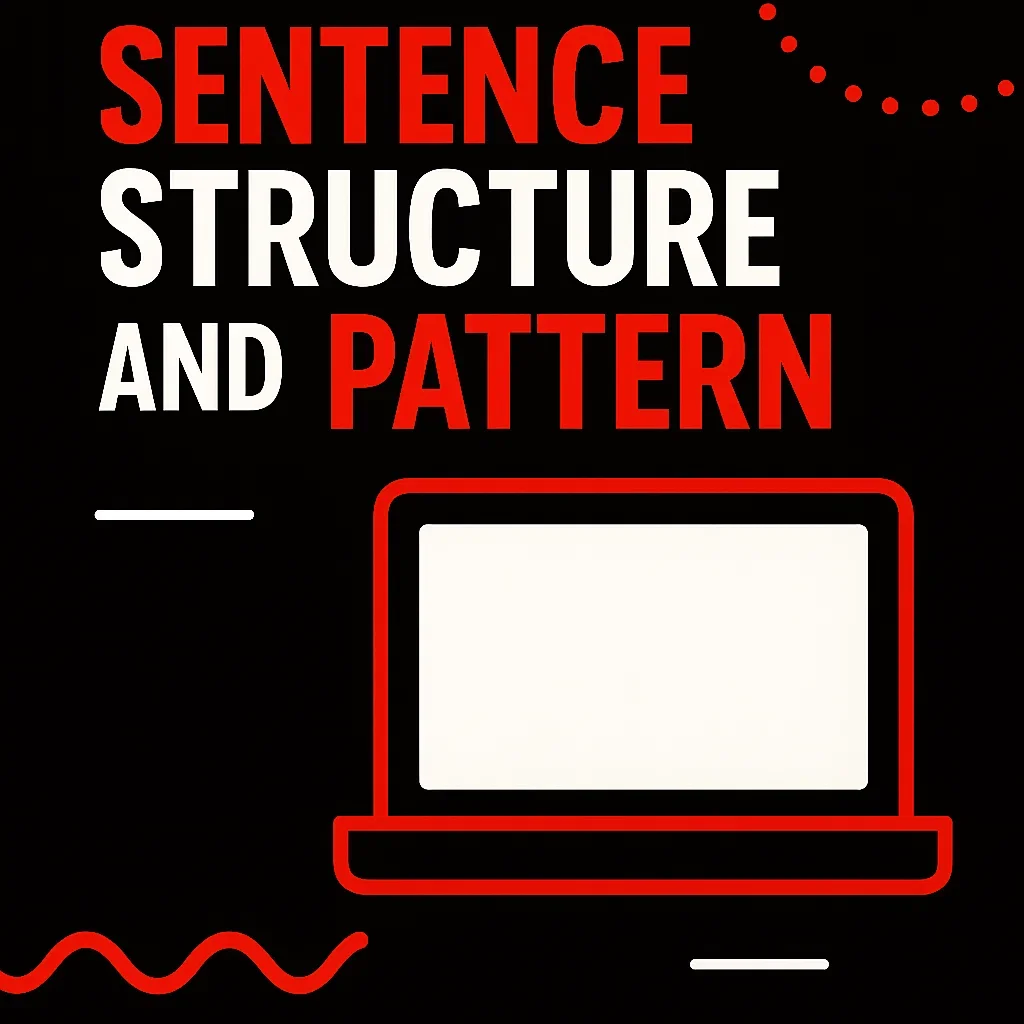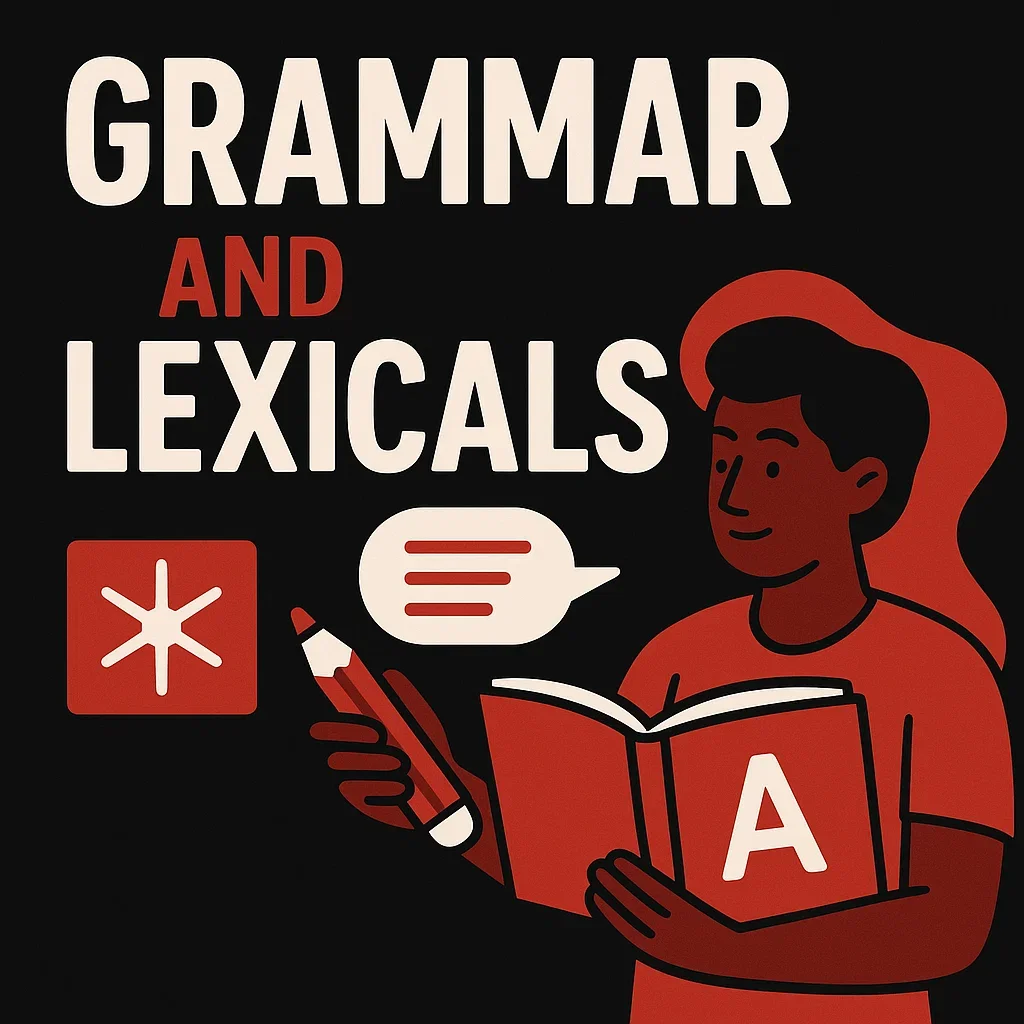Basic Igbo Greetings & Expressions taught by Uzoma Veer
This post is set to “Public View,” so anyone with a link can view it. Feel free to share it with others.
Watch the live recording of Session 6 from our free Igbo language class held on Zoom below.
Flashcards ↓
Quick recap
The meeting focused on learning and discussing various aspects of the Igbo language, including vocabulary, greetings, expressions, and cultural nuances. Participants explored the meanings and pronunciations of different words and phrases, with Uzoma leading the discussions and providing explanations. The group also practiced using the language and discussed cultural differences in greetings and celebrations, as well as the importance of tones in Igbo pronunciation.
Next steps
All participants to watch pre-recorded videos in the group chat to better understand Igbo tone marking and pronunciation rules.
All participants to practice pronouncing Igbo words with proper mouth movements and clear enunciation.
All participants to review the Igbo terms for high, mid, and low tones from the previous lesson materials.
Uzoma to provide more examples and practice exercises for distinguishing between similar-sounding Igbo words with different tones in future lessons.
All participants to continue practicing Igbo greetings and expressions learned in the lesson.
Session Summary Notes
Igbo Vocabulary and Pronunciation Discussion
The group discusses vocabulary in Igbo language, focusing on words like "nka" (meaning old, mastery, or technology when combined with other words) and "ikwu na ibe" (meaning relatives). Uzoma leads the discussion, explaining pronunciations and meanings, while other participants like Oma, Queen, and Data contribute and ask questions.
Igbo Greetings and Cultural Significance
Uzoma led a discussion on Igbo greetings and expressions, emphasizing their cultural significance and the importance of respect. The group learned various greetings for different times of the day, such as "Isala Chi" for early morning and "Ka Chi Fo" for night. They also explored the concept of "correspondence" in greetings, where a reply is expected. The conversation ended with a practice session where participants attempted to respond to greetings.
Igbo Greetings and Farewells Discussed
Uzoma discussed various greetings and farewells in the Igbo language. They covered the use of "Ka odi" for a late evening farewell, "Ngwanu" for concluding a conversation. They also explored casual greetings like Casual “Biko, chero go di" and "Daalu / Nno Ke ka i mere?". The group also discussed the meaning of "Kedu" as a shortened form of "ke" and its usage in casual greetings. The conversation ended with a discussion on the use of "Ekele m unu" for general greetings.
Exploring Igbo Greetings and Expressions
Uzoma and Data discussed various greetings and expressions in Igbo language. They explored the meanings of different phrases, such as "Jisie ike" used as an encouragement, "Ije Oma" used to travel well, and "Gaa nke Oma" used to go well. They also discussed the use of "Biko, chere go di" to excuse someone and "Daalu / Imela" to wish someone farewell. The group also touched on the topic of inspiration, noting that there isn't a specific word for it in Igbo. Towards the end, they conducted a practice session to reinforce their understanding of the language.
Language Learning and Translation Discussion
The group discusses various phrases and translations in Igbo. They focus on learning and practicing different expressions, such as greetings and birthday wishes. Uzoma leads the discussion, providing explanations and corrections for the other participants. The conversation includes references to slides containing vocabulary and phrases, which are used to aid in the learning process.
Igbo Cultural Nuances
The group discussed cultural differences in greetings and celebrations. Oma highlighted that Igbos don't speak literally and instead use sweetening phrases to allude to celebrations. Data asked if there was a specific greeting for birthdays, to which Uzoma explained that they celebrate birthdates every 4 days, not birthdays. Oma added that in Igboland, every week is considered a birthday. Emeka suggested that the team should use their own greetings instead of literal translations. The group agreed to continue exploring these cultural nuances.
Igbo Tones and Pronunciation Rules
The group discussed the pronunciation of Igbo words, focusing on the tones and sounds. They used the terms "high," "low," and "mid" to describe the tones, but also discussed the possibility of using Igbo words to describe these tones. The group also reviewed the rules for marking tones in Igbo words and practiced pronouncing words like "Agwa" and "Taa." The conversation ended with a suggestion to review pre-recorded classes for further clarification on tone rules.
Meet Your Instructor
Uzoma Veer is a creative professional and founder of Veepress Integrated Services. Passionate about purposeful design and communication, Uzoma works as a UI designer, social media manager, Igbo tutor, translator, creative writer, and public speaker.























